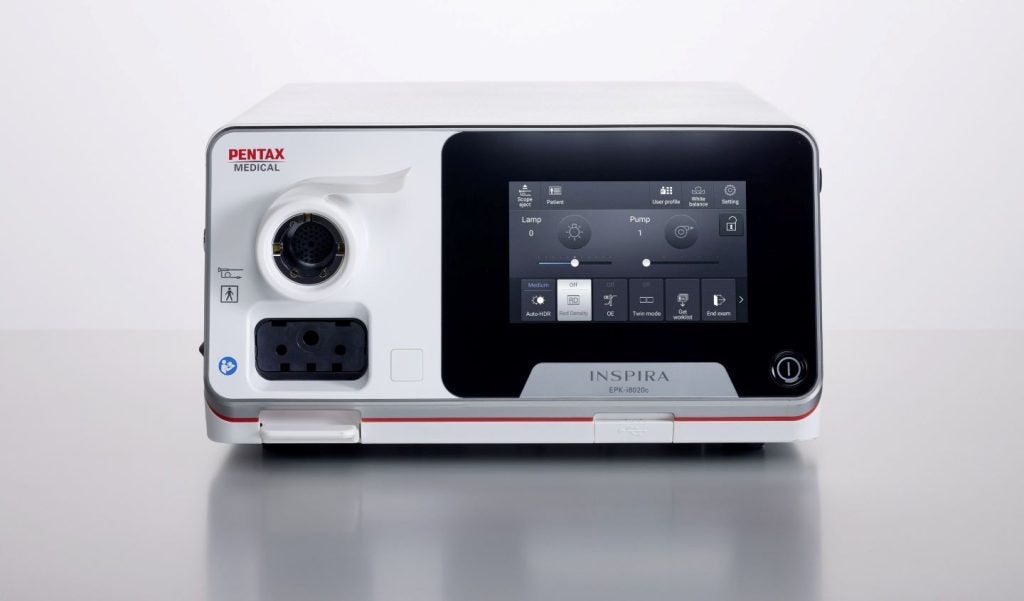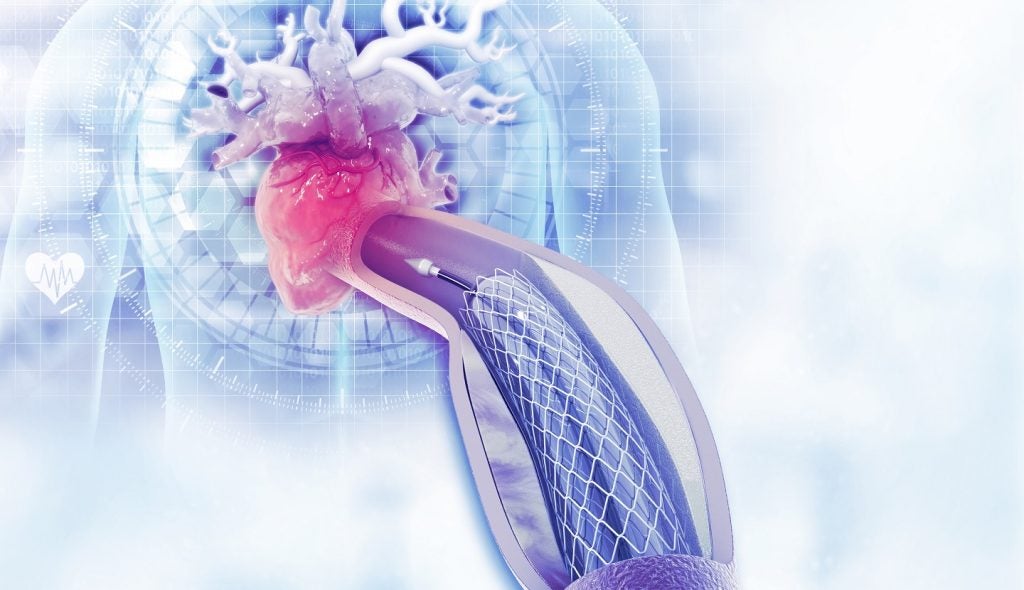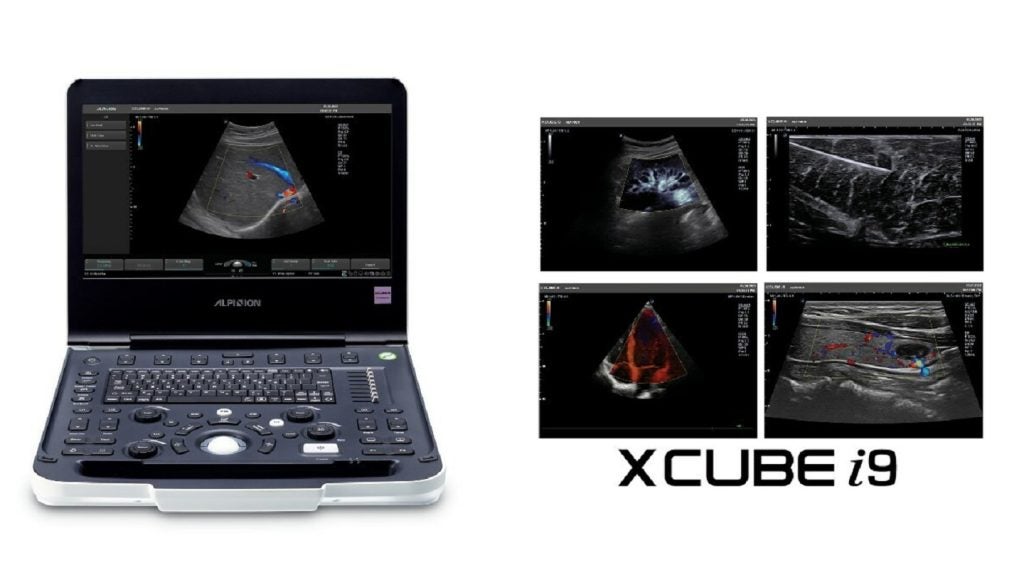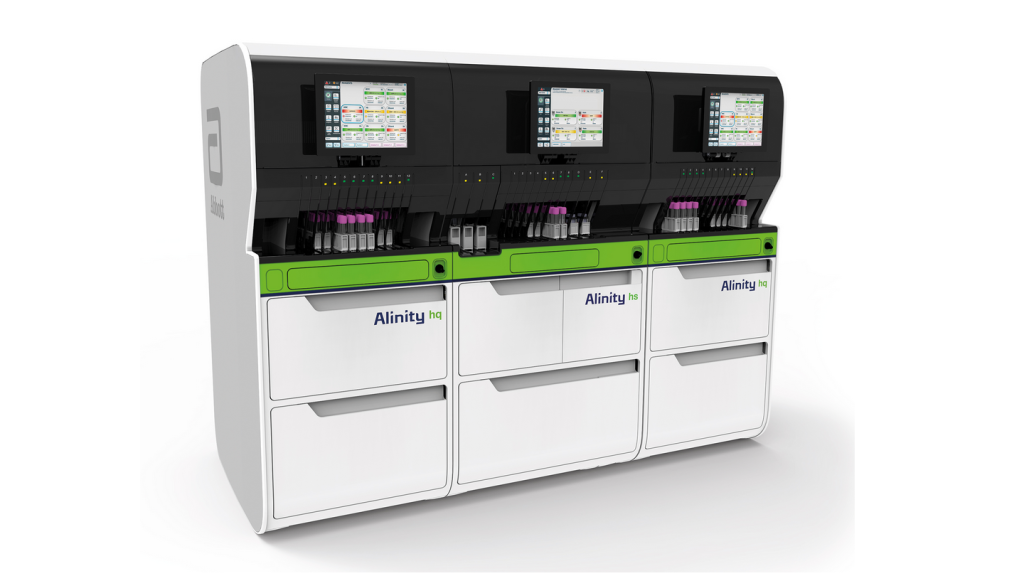The US Food and Drug Administration (FDA) has granted 510(k) clearance to Trinity Biotech’s latest lab-based haemoglobin analyser.
The Premier Resolution System takes over from the company’s Ultra System. Trinity Biotech’s chairman and CEO Aris Kekedjian said the company’s intention is to regain its market-leading position in the haemoglobin variant detection market.
Kekedjian added that now the device is cleared for use in the US, the Irish company is targeting market penetration in Brazil and China.
The automated device uses ion exchange high performance liquid chromatographic analysis combined with software to quantify the amount of foetal haemoglobin and haemoglobin A2 in a blood sample. It also has presumptive identification capabilities for abnormal haemoglobin variants.
A haemoglobin variant results from a genetic mutation causing abnormal globin chains in the protein. The abnormal protein structure affects the efficiency of oxygen transport. Such defects can cause medical conditions such as thalassemias and Sickle Cell Disease.
A market model by GlobalData estimates that the haematology analyser device market will be worth $1.5bn by 2033.
GlobalData’s medical device pipeline database also indicates that 12 haemoglobin point of care tests are in development. Unlike traditional laboratory analysis, point of care tests can provide results that are available in minutes. However, they are usually only used as an initial test, and confirmatory laboratory analysis is often required.
Kekedjian said: “This is an important milestone in the transformation of Trinity Biotech, which is anchored by the expansion of our haemoglobin and diabetes franchises. The Premier Resolution represents the first in a number of expected product roll-outs and investments in this space, with further product upgrades in our core diabetes HbA1c platform expected to follow in the new year.”
















